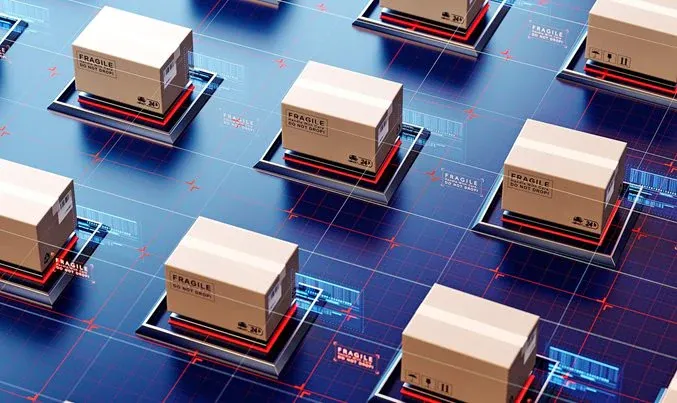Beyond automation: How gen AI is reshaping supply chains

Gen AI is set to boost efficiency, decision-making, and performance in supply chains—but it’s not a magic bullet. Companies will have to double down on tech and talent to unlock its full potential.
Companies are striving for end-to-end visibility, efficiency, and agility in their supply chains. Yet outdated infrastructure, fragmented data, and supply chain disruptions make these goals difficult to achieve. Can gen AI bridge the gap?
In this episode of McKinsey Talks Operations, host Daphne Luchtenberg speaks with Knut Alicke, author and leader of McKinsey’s Supply Chain Executive Academy; Alberto Oca, McKinsey partner and coleader of digital warehousing in North America; Asaf Somekh, cofounder of Iguazio, a McKinsey company; and Sanjit Biswas, CEO and cofounder of Samsara, to explore how AI-driven innovation is reshaping logistics, forecasting, and real-time decision-making.
The following conversation has been edited for length and clarity.
Sanjit Biswas: Once you have data about what’s happening in field operations, you can really start optimizing those operations. Some of this is fairly obvious. If you did a ride-along with every driver, you’d ask questions like, “Why are you taking that route?” or “Can we make the start-of-day and end-of-day processes faster?” It’s only when you can see it at scale that you realize how much operational-efficiency potential there is, and that happens in different companies in different ways.
Daphne Luchtenberg: Technology has been at the center of supply chain evolution, which has accelerated in recent years, with leaders investing heavily in digitizing and automating their supply chains and related logistics. Enter gen AI as one of the shiniest tools in the box. This much-talked-about technology has the potential to create a step change in supply chain efficiency. But with most digital investments failing to deliver value, supply chain leaders may be hesitant to make yet another significant gamble on tech.
With me today are my colleagues, Knut Alicke, author and leader of McKinsey’s Supply Chain Executive Academy in Stuttgart; Alberto Oca, coleader of digital warehousing in North America; and Asaf Somekh, cofounder of Iguazio, a leading AI and machine learning operations company acquired by McKinsey in 2023. The clip you heard at the start of the episode was from an earlier conversation with Sanjit Biswas, the CEO and cofounder of Samsara. We’ll hear more from this conversation later.
Since the launch of ChatGPT a little over two years ago, there’s been a lot of excitement about gen AI. But the technology has also been met with criticism that suggests its potential and value are overblown. Knut, you’ve spent a lot of time exploring AI’s potential with clients. What’s your take?
Knut Alicke: People tend to overestimate the impact of new, disruptive tech in the short term and underestimate it in the medium or long term. For me, it’s clear that we are at a moment similar to when the container was invented. The container completely changed how global supply chains operated, significantly increased efficiency, and enabled things that weren’t possible before. All our clients are exploring, testing, and trying to understand this new tech.
Daphne Luchtenberg: Asaf, you and your team built Iguazio on the premise of gen AI’s potential. What are you seeing in your work with companies today?
Asaf Somekh: AI has evolved a lot since the 1950s. When I was in university, I built my own models without the tools we have now that can automatically create models. As a company, we’ve been focused on AI for the past ten years. We’ve seen companies across all industries implement AI in their operations. It used to be machine learning and deep learning, implemented on manufacturing production lines through computer-vision-based quality assurance and in back-end banking operations.
Gen AI’s capabilities are leaps ahead of previous generations of AI. In the past, AI wasn’t good enough in certain areas to provide the expected value. Now, it’s opening up a lot of opportunities. The natural language makes this tech more intuitive, and higher-quality chatbots and copilots are changing the way many professions operate.
)
)
)
)